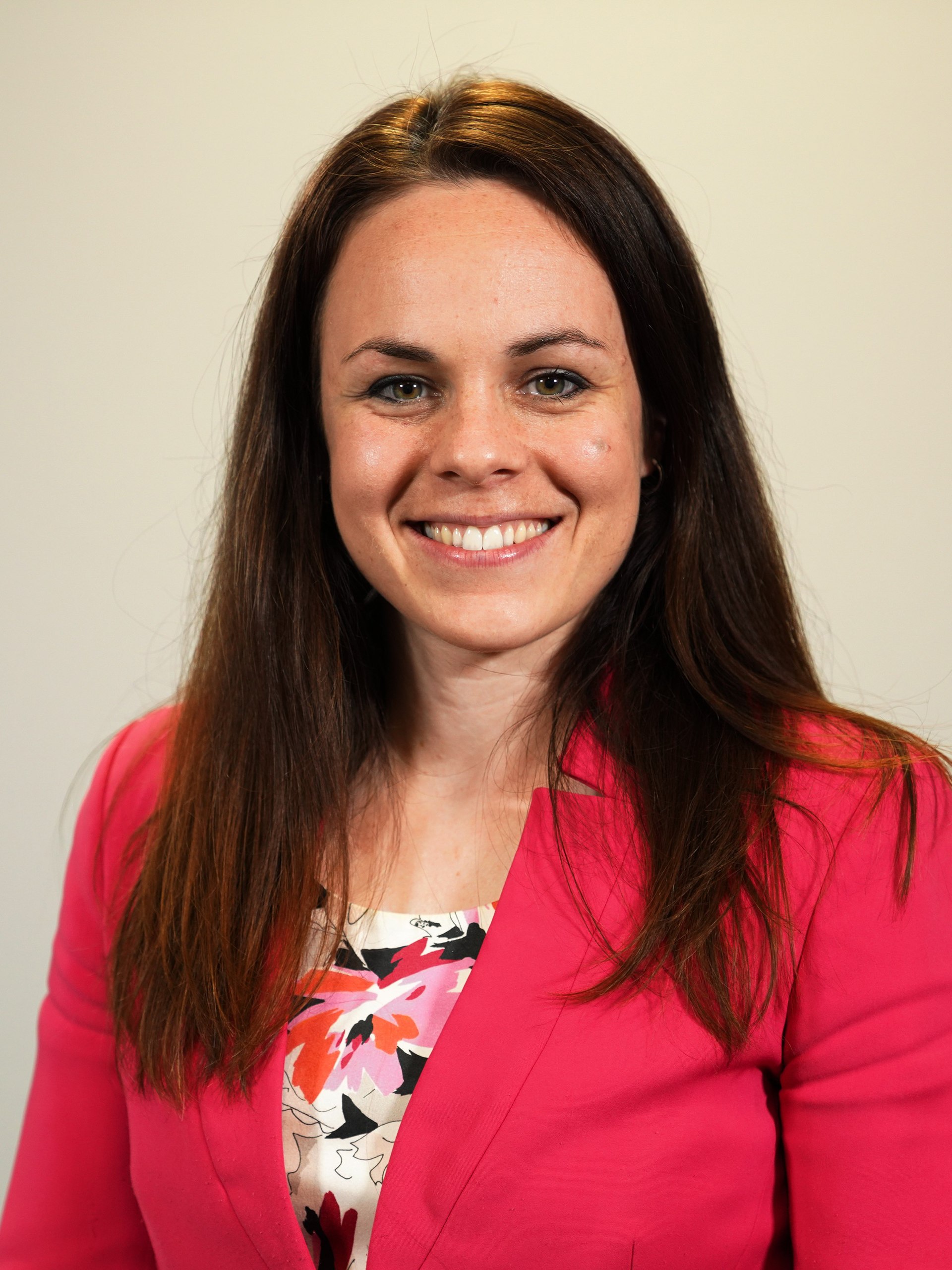At its heart, this contest is about who is best equipped and who has the best plan to achieve independence. It’s about the future of Scotland, the kind of country that we want to be. The next leader of the SNP party must be able to reach out and persuade No voters. The leader must have grit and integrity and be ready to take the fight to the opposition – whether that be Labour or the Tories. And perhaps most importantly, the next leader of the party must be able to make the economic case for independence, our chief battle ground. The only candidate with a strong grip on our country’s economy and finances, I am more than able to deliver on all three and lead an independent Scotland into better days.
In the last eight years, the polls on independence have not shifted as substantially as we hoped. My approach to shifting the dial on independence rests on two simple principles: good governance and prosperity with a purpose. When we govern competently, we persuade people, not just by telling them but by demonstrating that we can live in the better days of an independent Scotland.
If elected party leader, I will implement an Independence Delivery Plan designed to build-up the level of core support for independence to the point where it commands the backing of a sustained majority of the Scottish people. Under my leadership, the party will prepare a Programme of Action for the first ten years of an independent Scotland. This Programme – which will set out a detailed and conclusive costing for independence – will be informed by and built by SNP members: we have a party rich in diversity and talent, and our approach should not solely be led and devised by government or SNP leaders.
But independence is not an end in and of itself. For me, it is a means to an end: to eradicate poverty. That is my driving mission as a politician and as a person. The Scottish Government has already done much in the way of the Scottish Child Payment, but I am in no doubt that we need to go further. The second pillar in my approach to independence, and the core of my pitch to be First Minister, is the necessity of a thriving economy. We need a strong, growing economy that expands the tax base and reinvests in our public services and the mission to eradicate poverty. Ultimately, a prosperous economy is the lynchpin in the mission to eradicate poverty and allows us to take on the root causes of poverty.
Achieving that goal of prosperity with a purpose starts with small businesses – the backbone of the Scottish economy. Over the last few years, SMEs have been buffeted by the sharp winds of Covid, the cost-of-living and energy crises. They need breathing space. A First Minister, I will listen to and support our SME sector to thrive and grow our economy. I would start with redesign of the overly complex Deposit Return Scheme.
The energy crisis has brought to the fore the injustice at the centre of UK energy policy. We have remarkable access to renewable resources in Scotland: wind, wave, and water. We have universities carrying out pioneering research into hydrogen. Communities in Scotland should reap the benefit of the energy produced on their doorstep. I want to create a national energy company, with loose alignment with a Scottish regulator that drives down prices for the consumer. The Scottish Government should have a stake in all large energy projects to ensure both security of operation and a proper return to the Scottish people. We have much to learn from Norway’s sovereign wealth fund and how it invests in renewables infrastructure. This should progress at a rate that does not compromise our energy security or ability to invest large sums in our energy sector.
The creativity seen in our energy sector must be a part of our approach to governance. As the difficulties we face evolve, we must adapt our approach to tackling the challenges of today and tomorrow. Scotland is not short of innovation and ideas. The epicentre of the Enlightenment, we are a proud country with a rich history and bursting with talent but we risk an ongoing crisis in our NHS if we do not think creatively. If elected First Minister, I am committed to increasing places for Scottish-based medical students at Scotland’s universities. There is clear evidence that Scottish medical students who qualify from a Scottish university are much more likely to stay in Scotland when they graduate. That starts with discussions with medical schools and health professionals to determine the speed at which things will be scaled-up.
As First Minister, I would also propose a plan to raise minimum pay to £15 per hour for carers within a timescale to be negotiated with the care sector and the Unions and to other changes necessary to the proposed National Care Bill to make social care a more worthwhile and rewarding career. I also plan to create a learning pathway for carers to train as nurses through an apprenticeship model that combines work with study. Lastly, I want to protect a decentralised approach to delivery that allows for local variations, particularly in remote and rural parts of Scotland – like in my own constituency.
I offer a radical new vision for Scotland. To inspire hope and confidence, to deliver independence, and to lead as a First Minister for all.
Ends.


